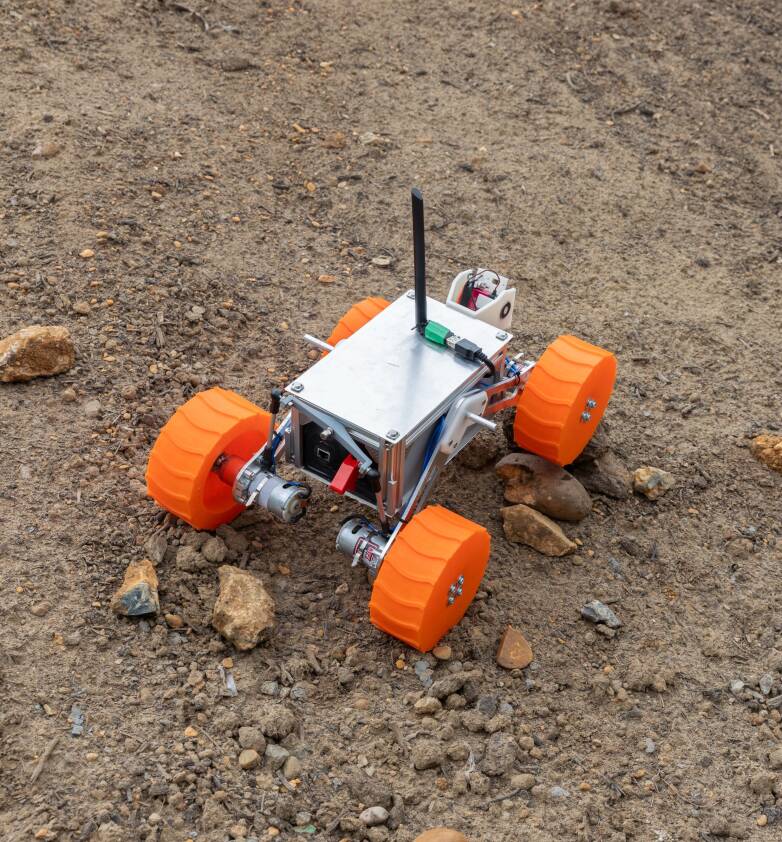
The team's hard work and dedication to the project paid off, as they were awarded with the overall winner of the competition!
Naomi Scupham, Graduate Mechanical Engineer, said:
"Being a part of the RACE2MARS team has allowed me to develop skills outside my day-to-day role such as hands-on mechanical assembly, and gain exposure to the other disciplines RACE."
Dean Gooding, Graduate Control Systems/Software Engineer, said:
"The Olympus Rover Trials has been a fantastic opportunity to lead an ambitious project and strengthen my leadership, organisational, and technical skills. As a team, we tackled challenging mechanical and electrical engineering constraints, refined our programming skills, learned to write effective design documents, and developed solid testing strategies - gaining a huge amount of experience along the way."
Rhiannon Jones, Electrical Engineering Apprentice, said:
"The project has been a great opportunity to learn and develop, it can be rare to see all aspects of a project due to how long term they can be. It has also been excellent to be apart of a team of developing engineers, I have really enjoyed working on this."
On the 19th of July, a small group of UKAEA’s engineering apprentices and graduates participated in and won the UK Students for the Exploration and Development of Space (UKSEDS) Olympus Rover Trials.
The UKAEA team, RACE2Mars, which comprised of four apprentices and six graduates, were one of eleven teams in the UK to make it through to the competition day. The rover must pass a preliminary design review, and critical design review conducted by a panel of engineers from the space sector.
The competition day, which was hosted by Airbus Defence and Space, is held in their Mars yard, an enclosed environment designed to emulate the terrain on Mars. The eleven teams were given a scenario where efforts of human exploration are being undertaken; materials, fuel and equipment have to be delivered using a rover. The rover is expected to travel through the rough terrain and scan QR codes, whilst being operated autonomously.
UKAEA's RACE2Mars Team Wins UKSEDS Olympus Rover Trials
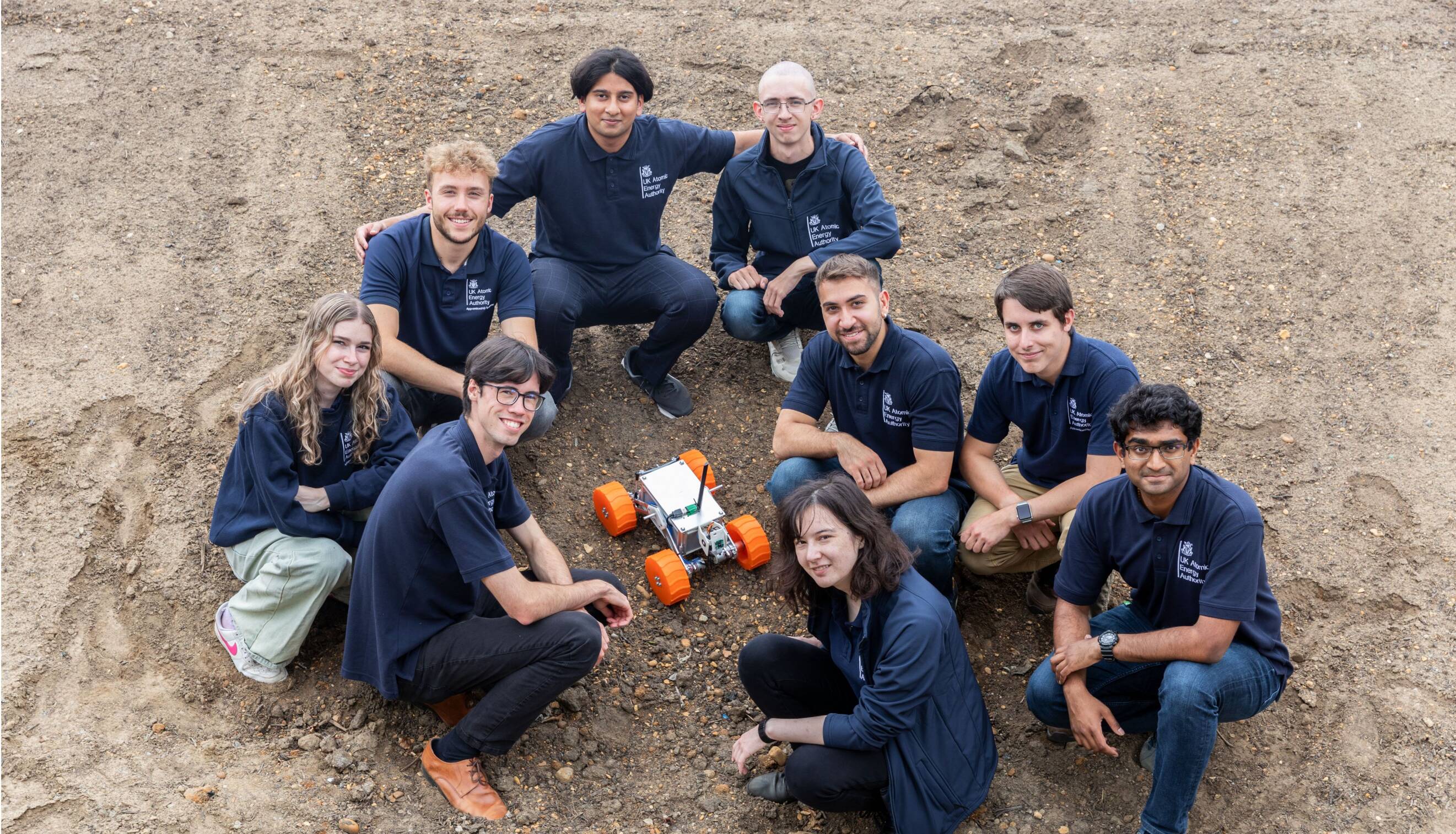
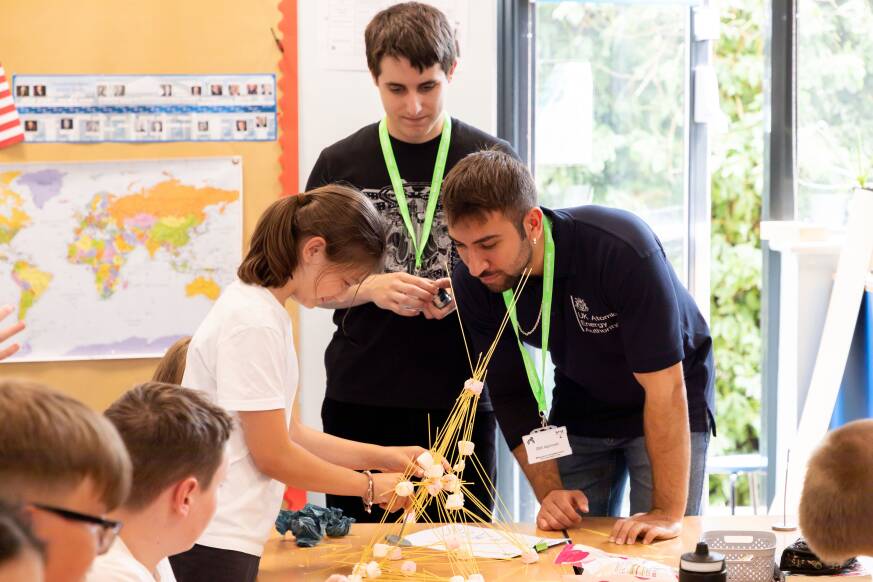
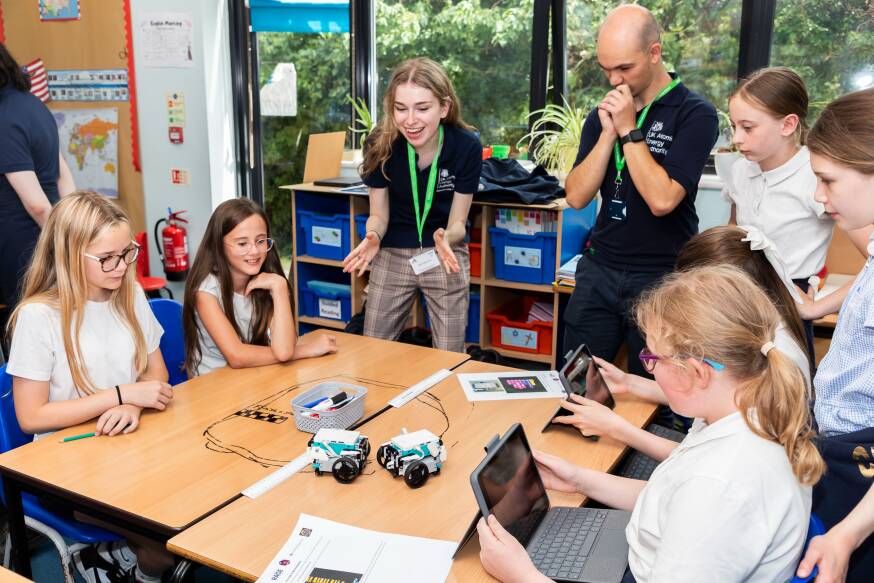
A RACE2Mars Outreach event
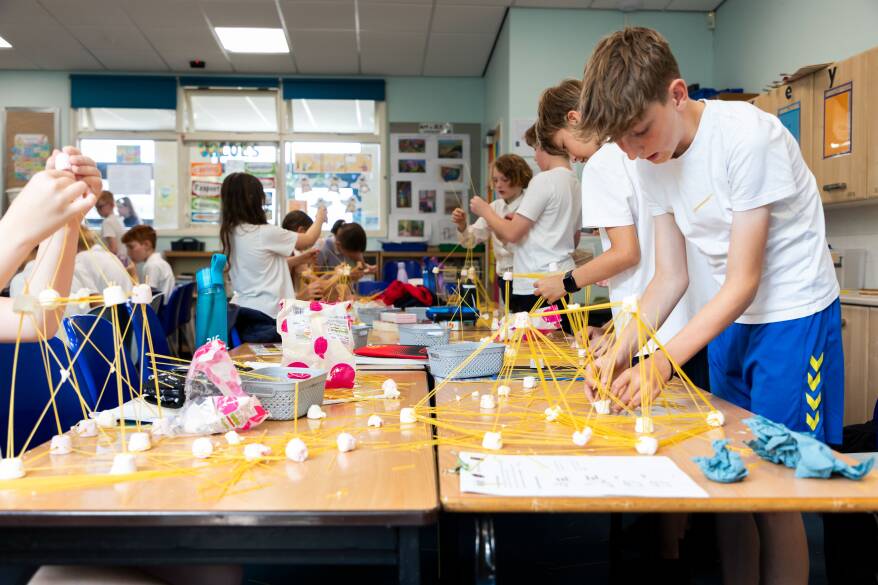
The second challenge was to programme a small Lego robot around an object. Once they had mastered this, they were asked to programme the robot to do the coolest thing they could think off. Some made them dance, others raced them, and one group even delved deeper to try to understand how the sensors work, thinking about adding crash avoidance.
The final activity were Sphero bolts, these are small plastic spherical robots that can be controlled from a tablet. The Rover team set out a racetrack, which the students used to race each group. The fastest times where recorded and the top 3 were given medals.
The visit was closed out with medals being awarded to the top 3 of each activity, and a final chance for questions.
In addition to working incredibly hard for the competition day, the RACE2Mars team held an outreach visit to a local primary school where they engaged with 45 year 6 students.
The event started with a presentation about UKAEA and UKSEDS’ Olympus rover trial, followed by a chance for students to see the Mars Rover and ask questions. The day finished off with three activities.
The first activity was a marshmallow spaghetti tower challenge - students were tasked with building a tower which had to withstand weights.
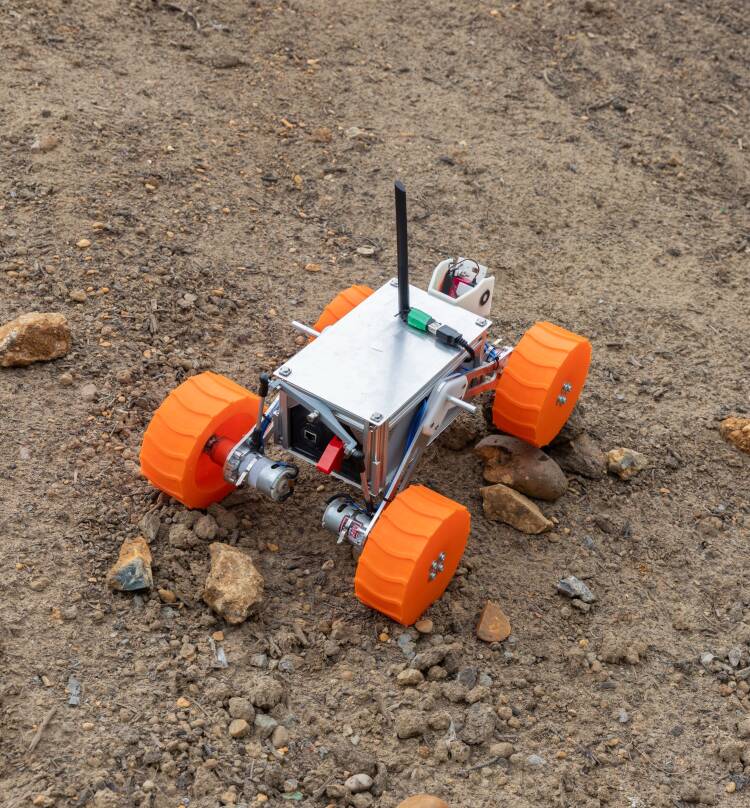
"The project has been a great opportunity to learn and develop, it can be rare to see all aspects of a project due to how long term they can be. It has also been excellent to be apart of a team of developing engineers, I have really enjoyed working on this."
The team's hard work and dedication to the project paid off, as they were awarded with the overall winner of the competition!
Naomi Scupham, Graduate Mechanical Engineer, said:
"Being a part of the RACE2MARS team has allowed me to develop skills outside my day-to-day role such as hands-on mechanical assembly, and gain exposure to the other disciplines RACE."
Dean Gooding, Graduate Control Systems/Software Engineer, said:
"The Olympus Rover Trials has been a fantastic opportunity to lead an ambitious project and strengthen my leadership, organisational, and technical skills. As a team, we tackled challenging mechanical and electrical engineering constraints, refined our programming skills, learned to write effective design documents, and developed solid testing strategies - gaining a huge amount of experience along the way."
Rhiannon Jones, Electrical Engineering Apprentice, said:
On the 19th of July, a small group of UKAEA’s engineering apprentices and graduates participated in and won the UK Students for the Exploration and Development of Space (UKSEDS) Olympus Rover Trials.
The UKAEA team, RACE2Mars, which comprised of four apprentices and six graduates, were one of eleven teams in the UK to make it through to the competition day. The rover must pass a preliminary design review, and critical design review conducted by a panel of engineers from the space sector.
The competition day, which was hosted by Airbus Defence and Space, is held in their Mars yard, an enclosed environment designed to emulate the terrain on Mars. The eleven teams were given a scenario where efforts of human exploration are being undertaken; materials, fuel and equipment have to be delivered using a rover. The rover is expected to travel through the rough terrain and scan QR codes, whilst being operated autonomously.
UKAEA's RACE2Mars Team Wins UKSEDS Olympus Rover Trials
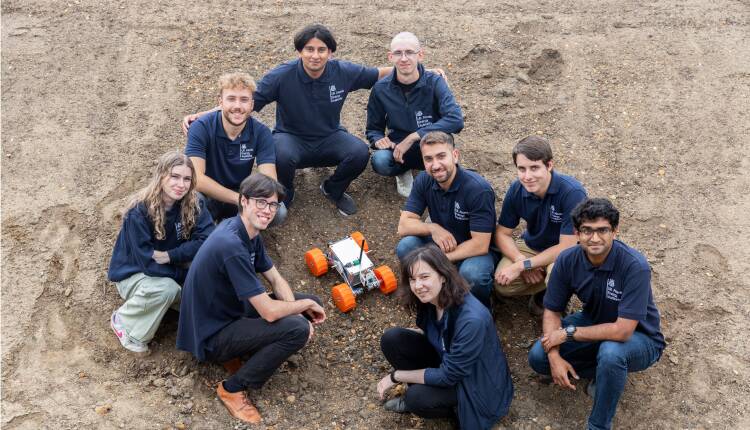
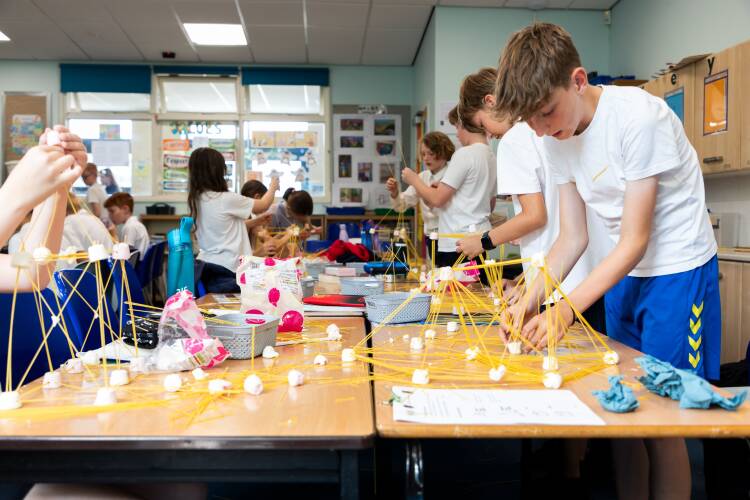
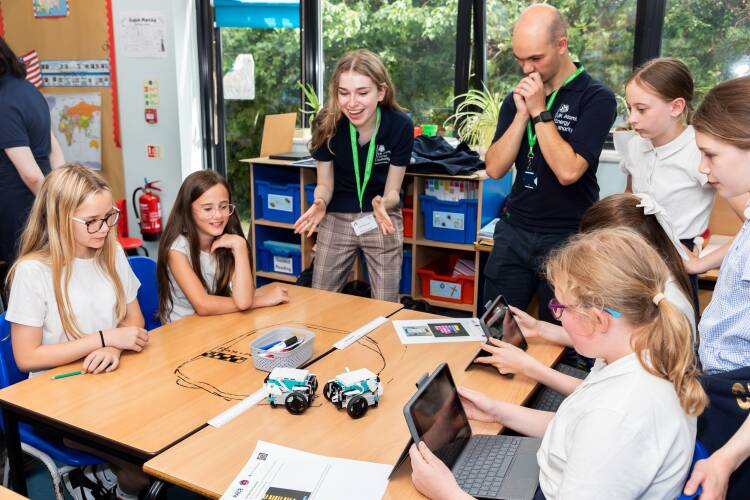
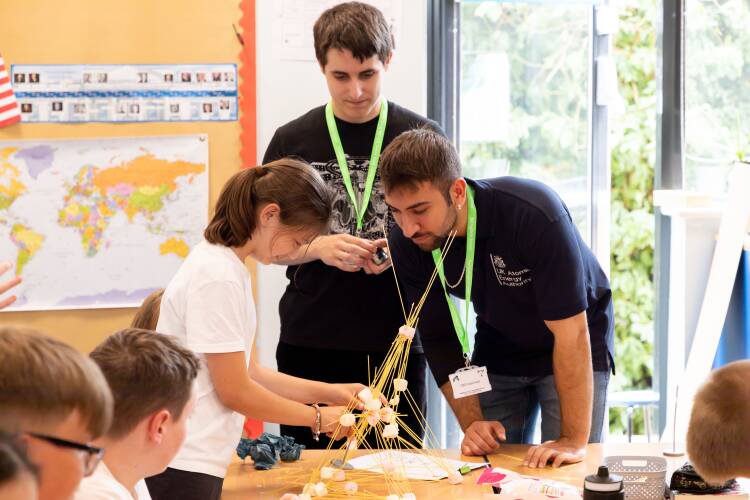
The second challenge was to programme a small Lego robot around an object. Once they had mastered this, they were asked to programme the robot to do the coolest thing they could think off. Some made them dance, others raced them, and one group even delved deeper to try to understand how the sensors work, thinking about adding crash avoidance.
The final activity were Sphero bolts, these are small plastic spherical robots that can be controlled from a tablet. The Rover team set out a racetrack, which the students used to race each group. The fastest times where recorded and the top 3 were given medals.
The visit was closed out with medals being awarded to the top 3 of each activity, and a final chance for questions.
In addition to working incredibly hard for the competition day, the RACE2Mars team held an outreach visit to a local primary school where they engaged with 45 year 6 students.
The event started with a presentation about UKAEA and UKSEDS’ Olympus rover trial, followed by a chance for students to see the Mars Rover and ask questions. The day finished off with three activities.
The first activity was a marshmallow spaghetti tower challenge - students were tasked with building a tower which had to withstand weights.